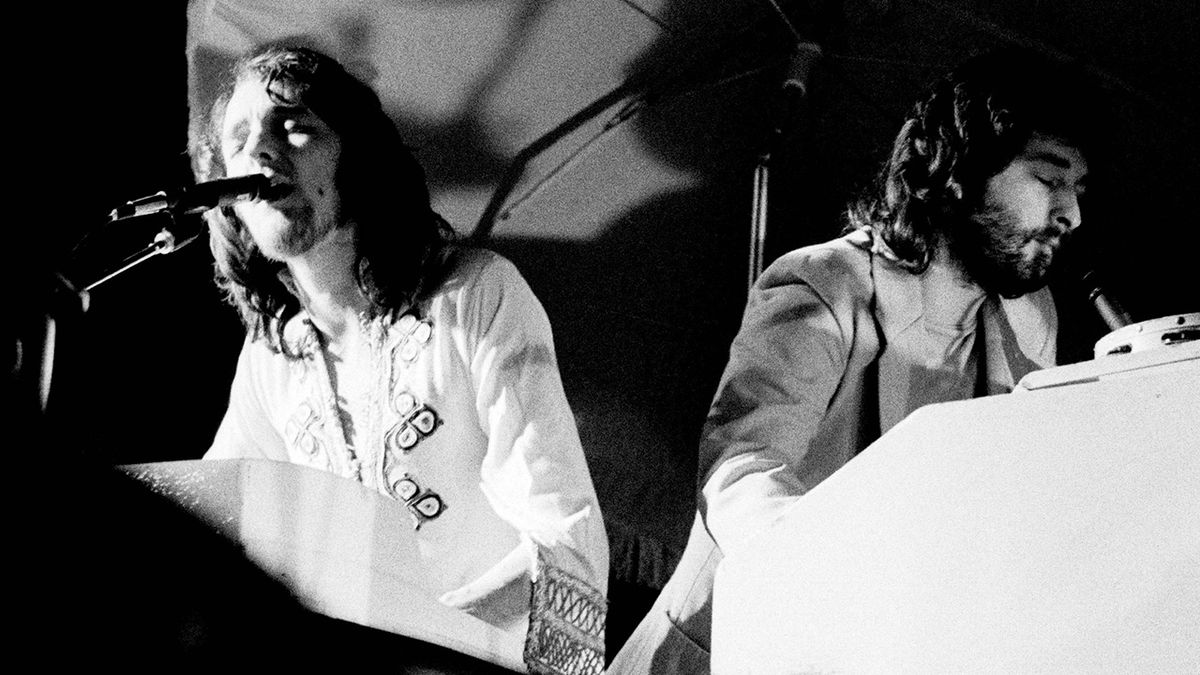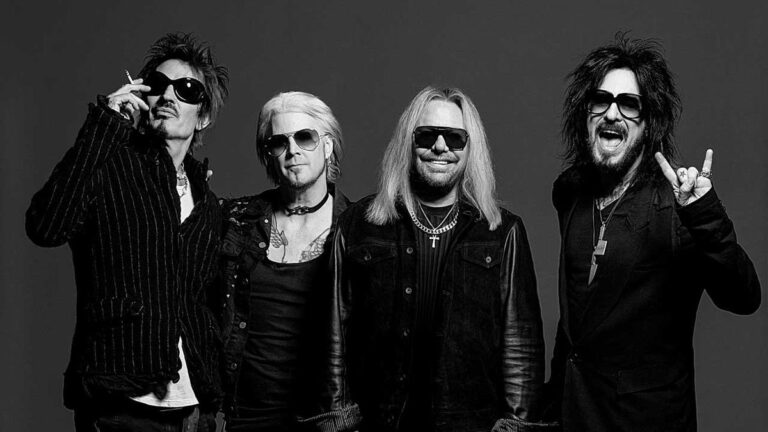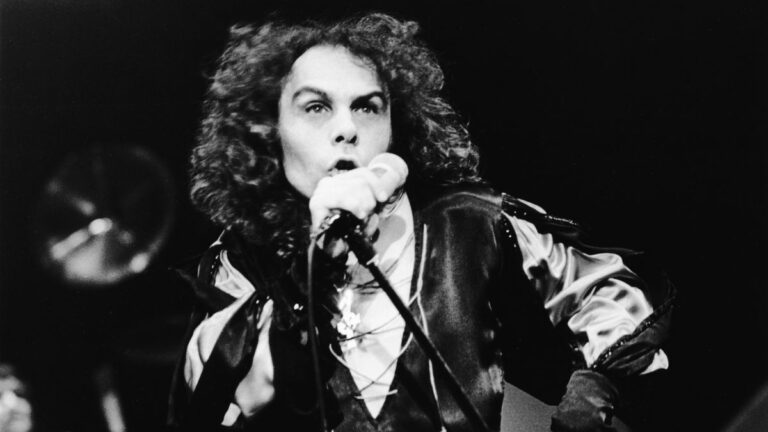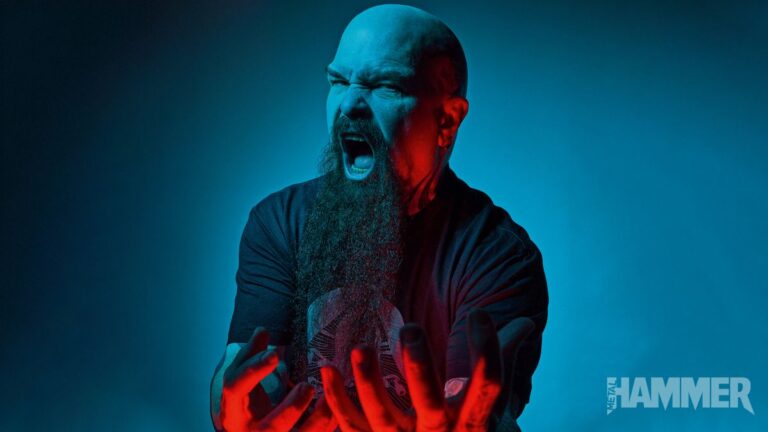What really pushed Supertramp co-founder Roger Hodgson to speak out against Rick Davies?
Supertramp has been a legendary band in the music industry, with hits such as Dreamer, Give A Little Bit, and The Logical Song etched into the hearts of fans worldwide. However, the departure of Roger Hodgson in 1983 marked a significant turning point in the band’s history. After the split, Hodgson retained his songs while Rick Davies kept the band’s name, leading to a rift between the former bandmates.
In 2010, the tensions came to a head when Supertramp performed without Hodgson, who felt betrayed by Davies using his songs for the band’s shows. Hodgson expressed his disappointment, stating that Davies breaking their original agreement had hindered any chance of a reunion, despite his willingness to return to the band.
The situation escalated when Davies prominently featured Hodgson’s songs in the band’s performances, a move that Hodgson interpreted as a deliberate snub. Their verbal contract from 1983, witnessed by other Supertramp members, laid the foundation for this strife, with Davies deviating from the initial understanding years later.
Reflecting on their shared history, Hodgson acknowledged the unique dynamic between him and Davies, drawing comparisons to Lennon and McCartney. Despite their initial collaboration and joint songwriting credits, Hodgson felt that his contributions outweighed Davies’ output, especially after the success of albums like Crime Of The Century and Breakfast In America.
Throughout Supertramp’s journey, Hodgson found himself at odds with the band’s direction as he delved into spirituality and sought a more peaceful existence in Northern California. These divergent paths ultimately led to his departure in 1983 and a significant hiatus from touring for over a decade.
In the years following his exit from Supertramp, Hodgson pursued a solo career, releasing several albums and accumulating a substantial catalog of songs. However, Davies’ continued use of Hodgson’s compositions for Supertramp performances reignited old wounds, causing Hodgson to reevaluate his stance on the matter.
Despite the challenges and past conflicts, Hodgson remains dedicated to his music and the impact it has on his fans. With a newfound passion for performing live and sharing his songs, Hodgson is enjoying this chapter of his musical journey, even surpassing the fulfillment he experienced during his time with Supertramp.
As the saga between Roger Hodgson and Rick Davies unfolds, fans can only hope for a resolution that honors the legacy of Supertramp while acknowledging the individual contributions of its former members. While the rift may persist, Hodgson’s unwavering commitment to his art and the joy it brings to his audiences serve as a testament to the enduring power of music.







